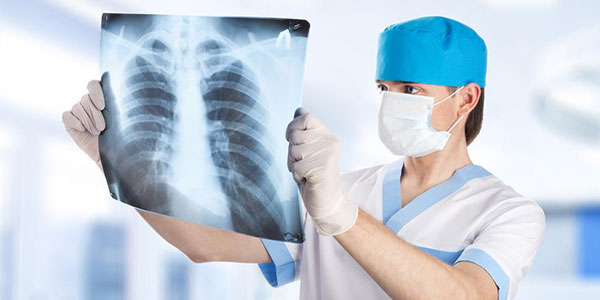SHARE WITH FRIENDS:
it is better to prevent than to cure
Tuberculosis is an infectious disease caused by mycobacteria, i.e. Cox's bacillus. The main source of the disease is a person with pulmonary tuberculosis.
Mycobacteria are excreted through sputum secreted from the respiratory tract, especially when the patient coughs. Drops of sputum sprayed into the air due to coughing or sneezing fall from the sick person into the airways of those around them. In addition, sputum settles on the ground in the streets, on the floor, objects and objects at home. External infection is caused by non-compliance with the rules of personal hygiene, ie not washing hands with soap after holding the bus handles, eating fruits and vegetables without washing in boiling cold water, neglecting the thermal processing and preparation of meat and dairy products cases.
What factors can cause a decrease in the body's defenses?
If a large number of tuberculosis mycobacteria - rods - fall into the respiratory tract, the body can not resist them. If the patient has to be in contact with a person for a long time, the body's immunity is weakened and he is unable to fight the disease. In addition, other conditions may allow mycobacteria to develop in the body:
Stress (mental strain) includes physical fatigue, regular alcohol consumption and smoking, drug use, and consumption of poor quality foods.
Diseases that cause the body to become weak.
Primary communication is of great importance in the entry of Mycobacterium tuberculosis into the body. The spread of the disease, their types differ as follows:
-
air - drop,
-
alimentary (through the digestive system),
-
through communication,
-
by infecting the fetus.
Tuberculin is one of the tubercloproteins and is widely used in practice in the detection of mycobacterial infection of the organism. The developmental cycle of tuberculosis is divided into 5 stages: from damage to the clinical manifestation of the human body and its spread to the environment:
Stages: 1. The spread of infection, the onset of tuberculosis, the process of proliferation and dissimilation in the affected organism, the development of the body's immune response, caseosis (development of caseous neurosis) and the rapid proliferation of mycobacteria in the body, secondary spread of infection (increased infectivity).
Disease prevention
In specific epidemiological cases, it is necessary to carry out preventive and anti-epidemic measures against tuberculosis.
Read more: You can withdraw foreign currency in cash through ATMs
